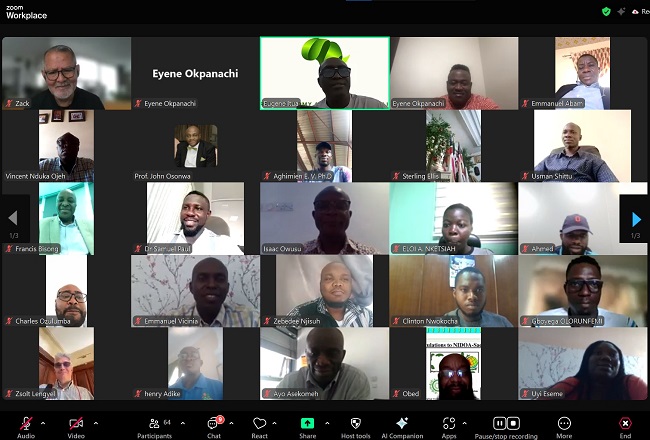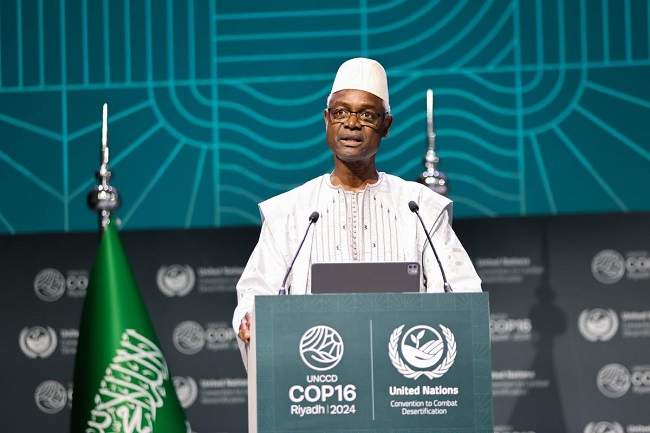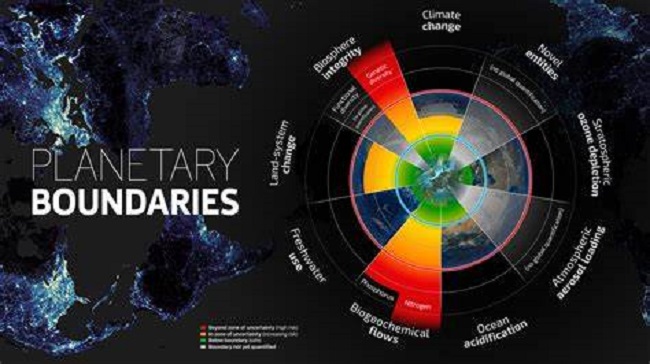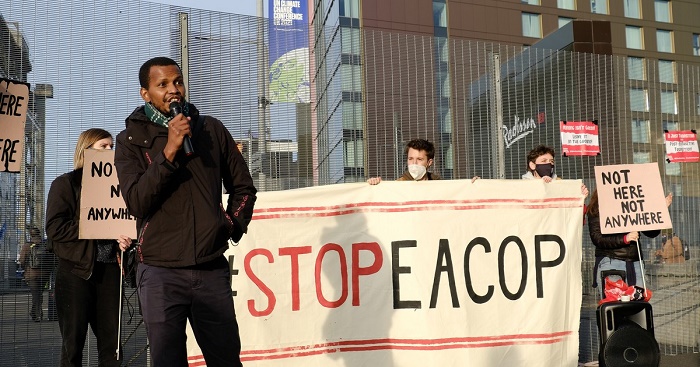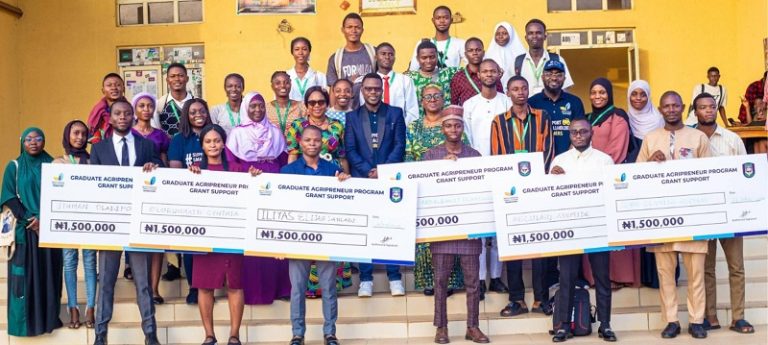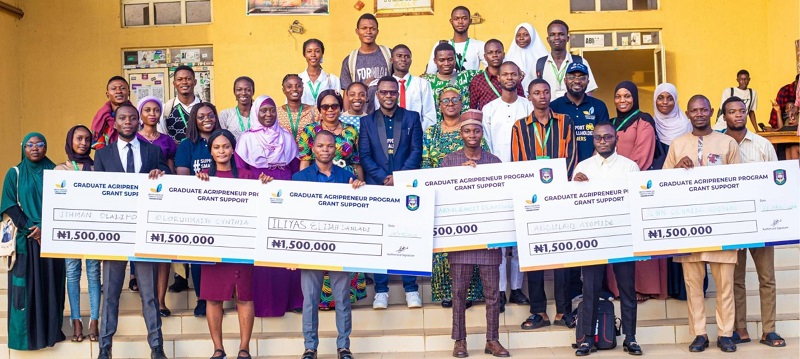Minister of Innovation, Science and Technology, Chief Uche Nnaji, on Wednesday, May 14, 2025, said the Federal Executive Council (FEC) has approved the launch of four satellites to aid Earth observation and the fight against insecurity in the country.
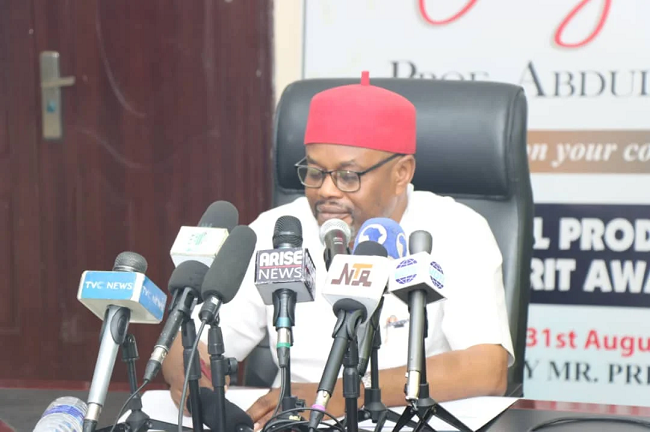
Nnaji said this at the 22nd National Council on Innovation, Science and Technology (NCIST) in Abuja.
The meeting, which held from May 12 to May 14, had as its theme: “Research, Develop, Innovate and Commercialise: A Cycle for National Prosperity.”
The minister said that the satellites consisted of three Earth Observation satellites and one Radar Aperture satellite.
“The Renewed Hope Agenda of President Bola Tinubu is awake to the problems of Nigeria and they are being addressed.
“Just last week, the Federal Executive Council approved that Nigeria launch four satellites, satellites that are worth millions of dollars, three Earth Observation satellites and one search satellite.
“The search satellite is the one that will pick images both day, night, during rain, every time of the day and that is technology in play.
“The military can use it effectively, unlike now that when we want to go and view Sambisa forest and some of these dungeons on gorilla warfare, we have to buy, images, data,” he said.
On the National Science, Technology and Innovation Policy, the minister said that there was an inter ministerial committee on Research and Innovation that was reviewing it and strategising on institution of National Research and Innovation Fund.
Nnaji said the cycle of Research, Development, Innovation and Commercialisation (RDIC) had built renowned economies and technological giants, adding that Nigeria should also tap into its potential.
“As a country, we can no longer afford to ignore the widening gap between research and real-world impact.
“We must rise up to this challenge acknowledging that for decades, valuable research conducted in our universities and institutions have remained under-utilised, disconnected from industries and policy.
“Our talented young innovators, full of bold ideas and boundless creativity, have often lacked the structured support, financing, and mentorship required to move their innovations from concept to the market.
“Let this 22nd edition of NCIST mark the beginning of a new chapter, one where every research has a roadmap to industry;” he said.
According to him, the meeting should begin an era where every student sees innovation as a viable career, and where every invention finds its way to the market.
“Scientists and researchers must continue to push the frontiers of knowledge, private sector must strengthen collaboration with the academia through investments in Research and Development (R&D) .
“Similarly, the government must build, enforce regulatory frameworks that protect, support and incentivise innovation at every level,” he said.
Nnaji said that the resolutions of the council would be presented to FEC for adoption.
The minister explained that the 22nd edition of the council which was scheduled to hold in 2024 was postponed to 2025 due to some contingencies.
He, however, promised that plans were underway for the 23rd edition for the restoration of the regular schedule.
“We are committed to restoring the Council’s regular schedule and ensuring that the momentum built here today is not only sustained but accelerated in our collective drive toward a more innovative and prosperous Nigeria,” he said.
Mrs. Esuabana Nko-Asanye, Permanent Secretary, Ministry of Innovation, Science and Technology, said the meeting was a call to action towards creating a dynamic ecosystem where all sectors work together towards building a prosperous Nigeria.
She said stakeholders’ collaboration would address complex national challenges such as unemployment, insecurity, climate change, economic diversification.
The Permanent Secretary said that from the beginning of the meeting, 109 memoranda were presented which reflected diverse inputs from across all sectors of the economy.
“These memoranda highlighted critical challenges, innovative proposals and actionable recommendations aimed at strengthening the role of science, technology and innovation in national development.
“Key areas of focus included the commercialisation of indigenous research, enhancing funding mechanism for the research development and innovation capacity building in emerging technologies.
”The focus areas will improve inter-agency collaboration, liberating on innovation to address sector specific challenges in health, agriculture, education, energy, politics, amongst others,” she said.
According to her, the richness and diversity of these submissions underscore the growing recognition of science, technology and innovation as a cornerstone of Nigeria sustainable development.
She said it also provided a clear road map for aligning national priorities with global trends.
Sen. George Akume, Secretary to the Government of the Federation (SGF), said that the theme of the meeting was timely, adding that it captured the need for a sustainable national development.
Represented by Dr Morris Mbaeri, Permanent Secretary, General Services Office, Akume said that sustainable national development could only be achieved by building a resilient innovation ecosystem where research was purpose-driven.
“This cycle is very essential in addressing real world challenges and unlocking long term prosperity.
“I therefore urge all stakeholders, the academia, industry and government, to strengthen their collaboration and build enduring partnership to drive the full cycle of RDIC,” he said.
Prof. Azikiwe Onwualu, President, African University of Science and Technology (AUST), recommended an increase in R&D spending to three per cent of the nation’s Gross Domestic Product.
Onwualu also said the country required more RDIC clusters and hubs through the integration of academia, industry, startups in project initiatives.
“We should operationalise the National Research and Innovation Council Fund to coordinate RDIC efforts as envisaged in the STI policy,” he said.
By Ijeoma Olorunfemi

